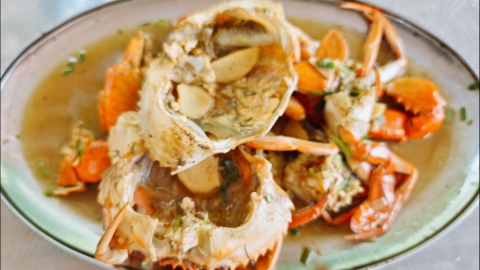Can chestnuts and crabs be eaten together?
Generally speaking, chestnuts and crabs can be consumed together, but it is important to eat them in moderation. The detailed analysis is as follows:

Chestnuts are rich in protein, carbohydrates, vitamins, and minerals, while crabs contain high-quality animal protein and Omega-3 fatty acids. From a nutritional perspective, there is no significant conflict between chestnuts and crabs. Combining the two can complement each other nutritionally, providing a more comprehensive range of nutrients.
Both chestnuts and crabs are foods that are not easily digested, and excessive consumption may increase the burden on the gastrointestinal tract, causing discomfort symptoms such as bloating and diarrhea. Therefore, it is important to control the intake and avoid overeating to prevent discomfort.
For individuals with weak digestive systems, such as those with spleen and stomach weakness, indigestion, and diabetes patients, chestnuts and crabs should be consumed cautiously to avoid aggravating the condition or affecting health. A balanced diet should be maintained in daily life, including eating more fresh vegetables and fruits to ensure adequate nutrient intake.




